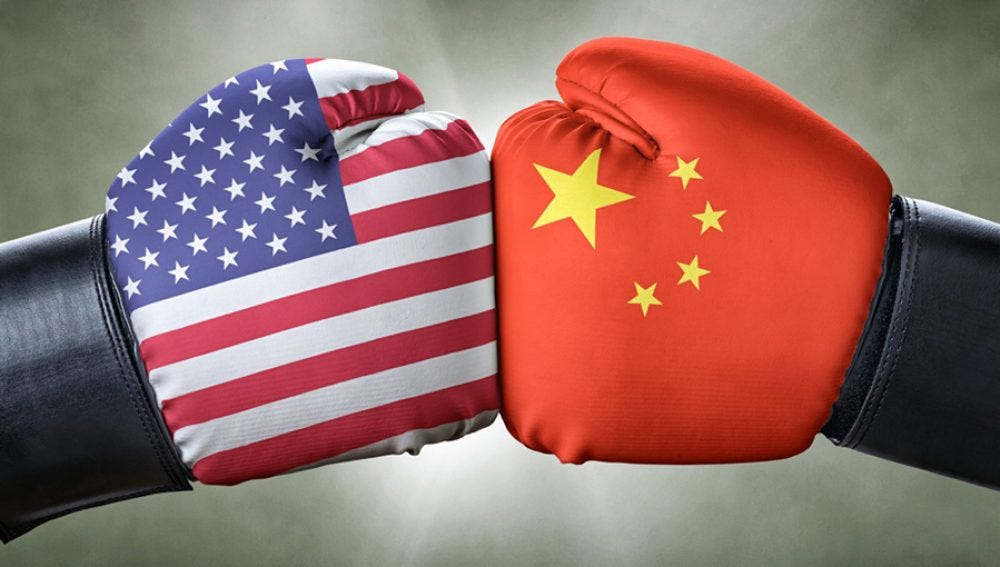The Winners From the US-China Competition
South Korea and Japan looking good
By: Yu-hwa Ahn
Batteries and semiconductors are becoming the first test for President Joe Biden’s “Green New Deal.” Cooperation with allies such as South Korea, Japan and Europe is the most important factor for success. It could, in effect, lead to the creation of a new OPEC.
South Korea should start by assessing objectively how international relations might affect economic cooperation as unprecedented competition between the US and China unfolds. Global economic leadership is shifting to East Asia, and the coming of the so-called fourth industrial revolution will expedite this transition. South Korea should advance its technology as quickly as possible, without leaning on either the US or China. There is no more dangerous situation than depending on others for protection, without developing independent capabilities.
Since 2018, the US has been expanding its front line against China on technology, politics, foreign relations, security, finance, and ideology, beginning with the Trump administration's tariff and exchange rate policies. As a result, the international order is in flux and international norms are under threat. Countries around the world are facing a major historical inflection point.
Most significantly, the US is framing its bilateral relations in terms of security, with the focus shifting from a response to global terrorism to strategic competition among major powers. This shift is evident in the US “Indo-Pacific Strategy” approved by Trump at the National Security Council (NSC) in February 2018. One of the key reasons is the relative weakness of US competitiveness in some key sectors. The Biden administration, inaugurated in January this year, stresses that governments, industries and communities should be united to prepare for upcoming global competition and halt the decline in American competitiveness. They are continuing the Obama and Trump administrations’ strategy of containing China through policies such as the Indo-Pacific Strategy, intended to fully contain China…

